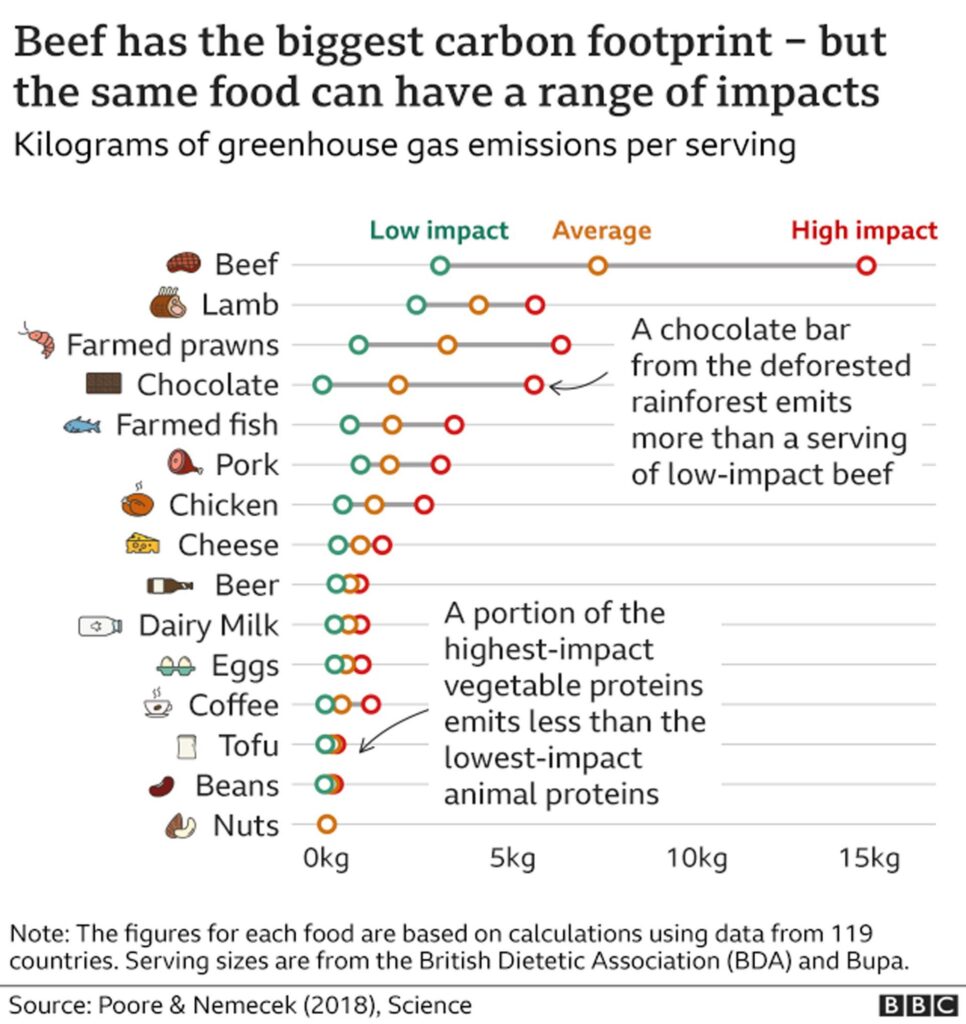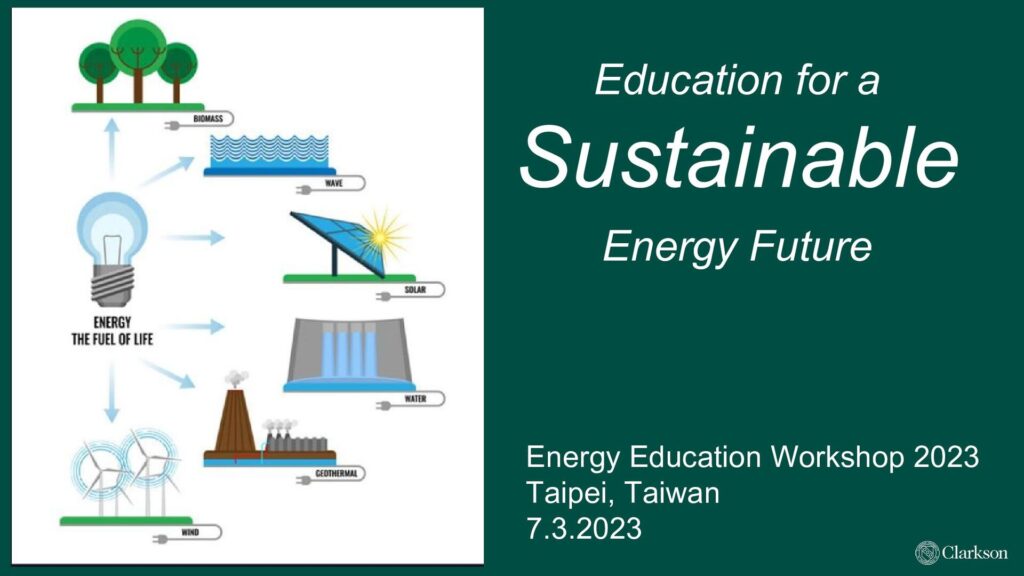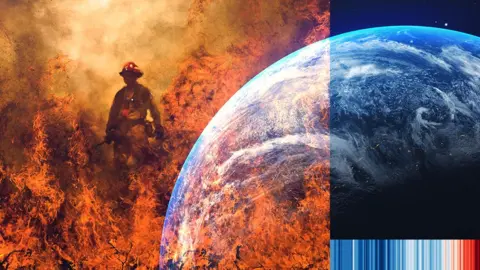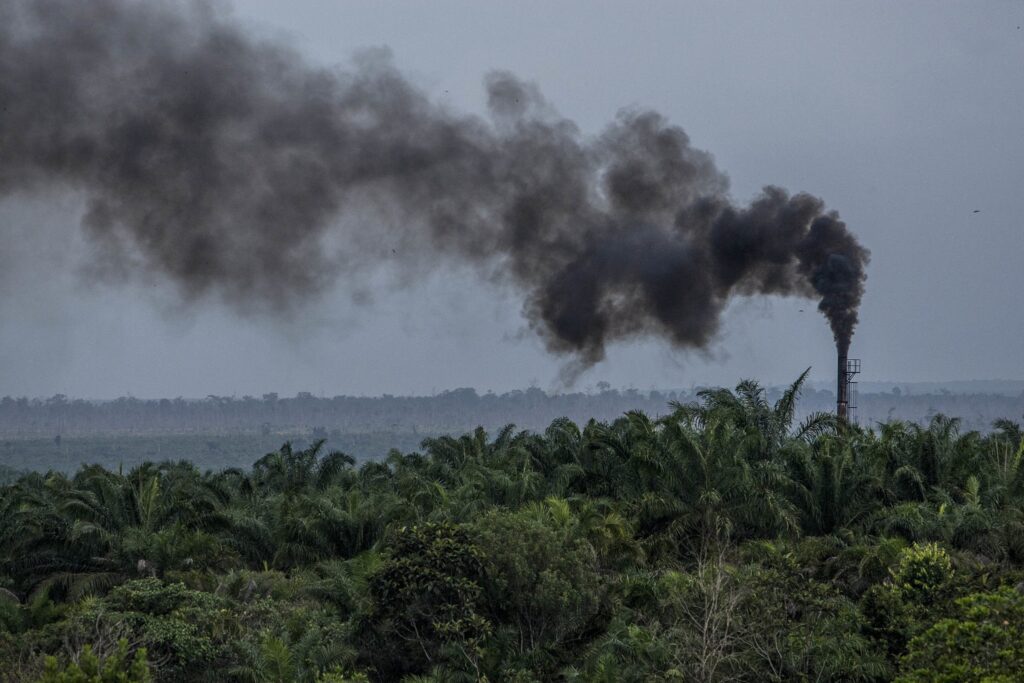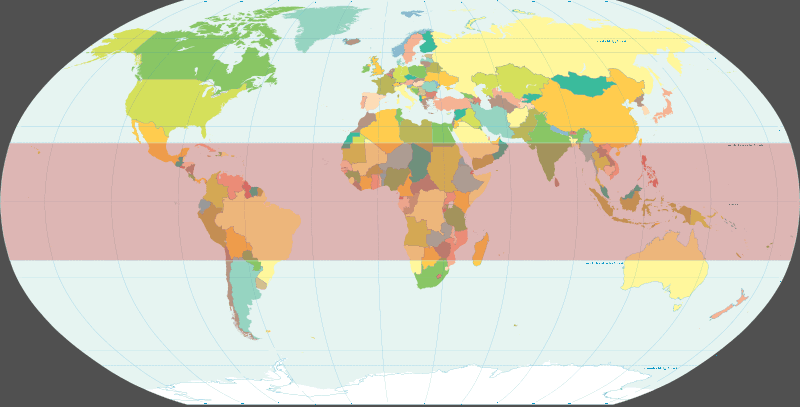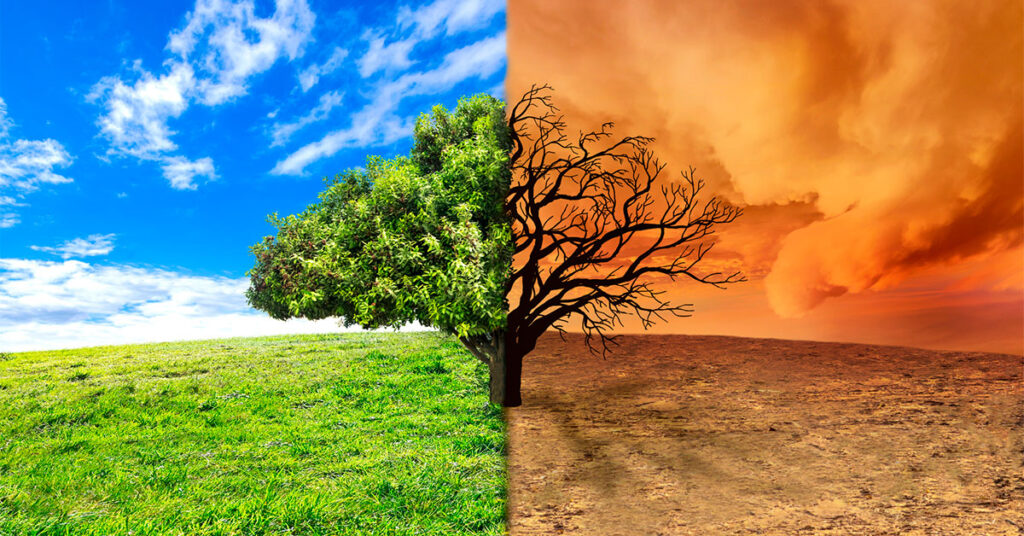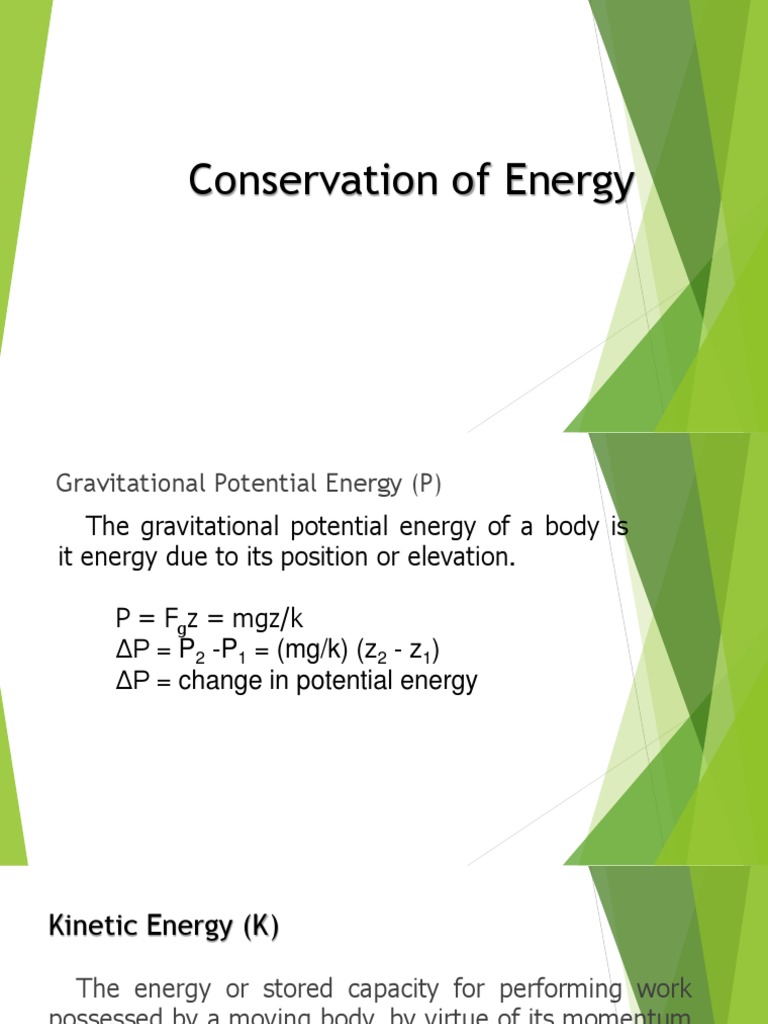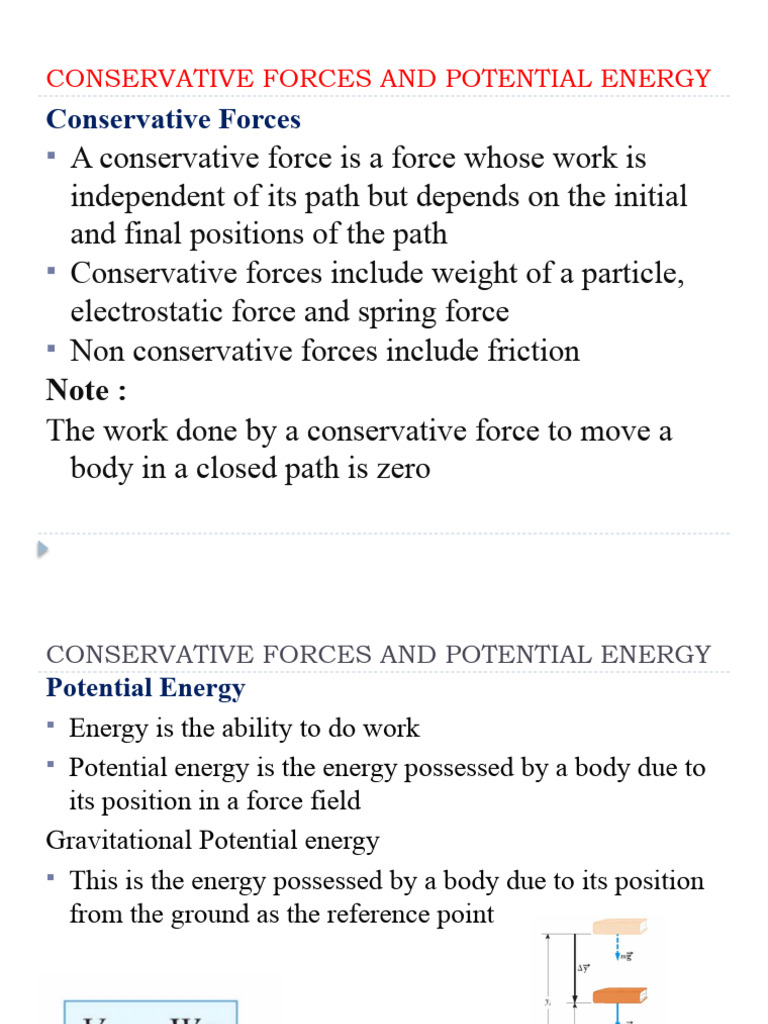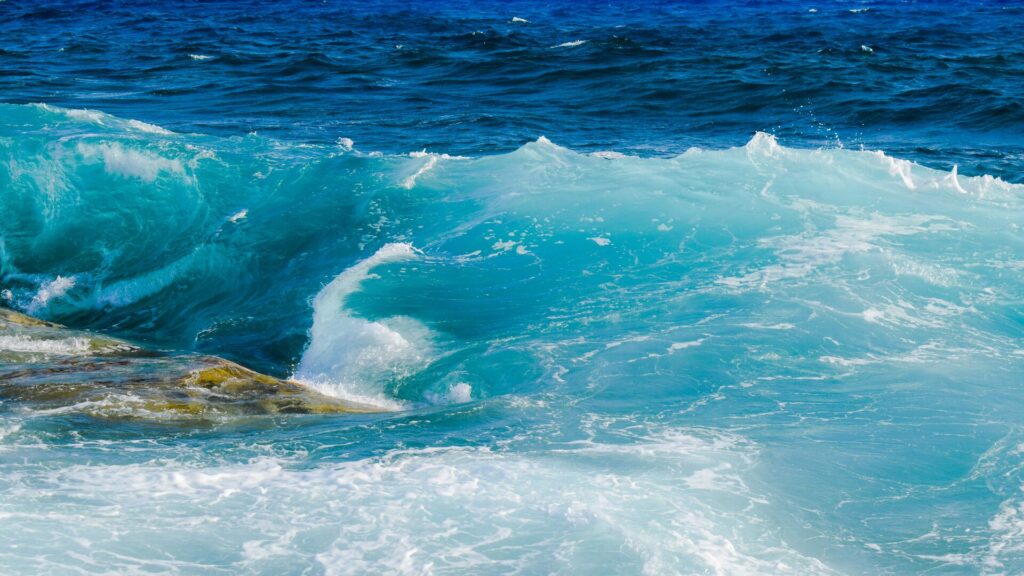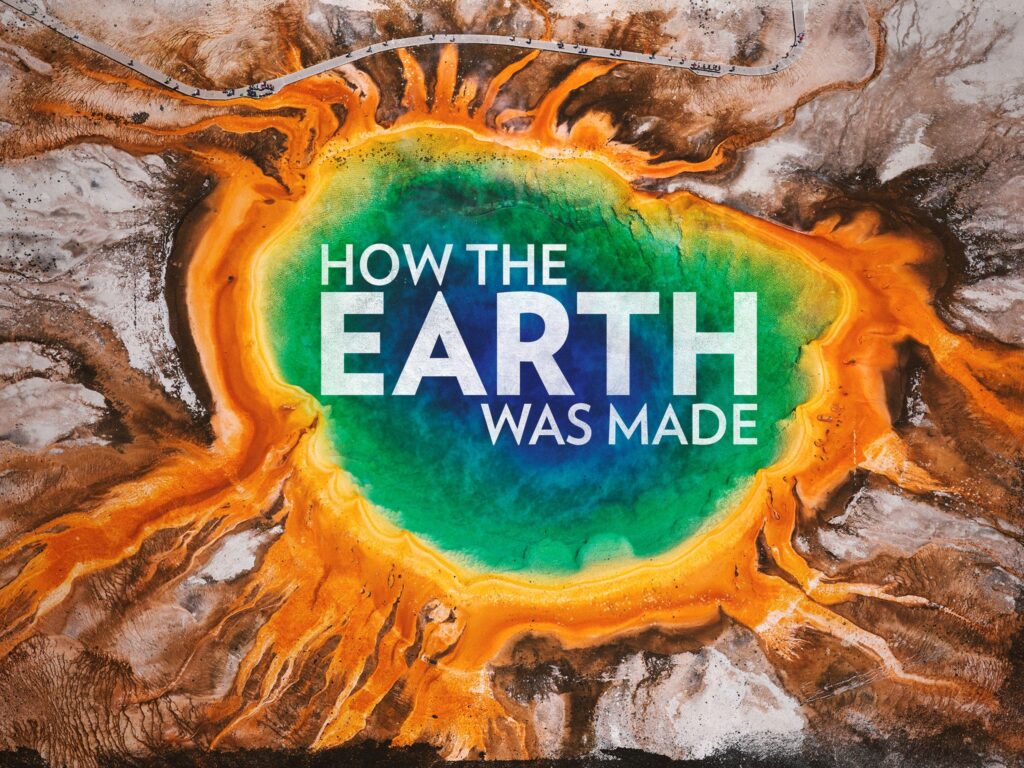Meat’s Footprint: Why Your Diet Matters for Global Warming
Meat consumption is a deeply ingrained aspect of many cultures and diets worldwide, yet its effects on the environment—and specifically, on global warming—are increasingly becoming the focus of scientific research and public debate. Have you ever pondered how much your dietary choices contribute to the planet’s warming? It is a playful inquiry, but it also ...
